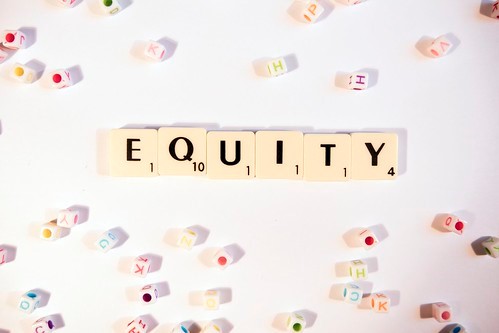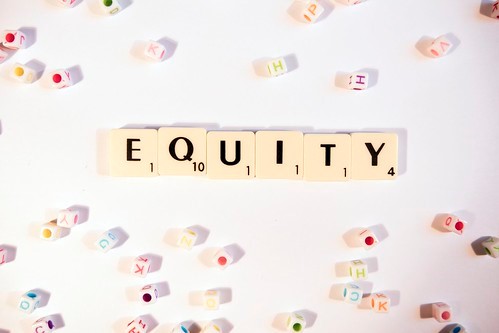
Most New Zealand secondary mathematics classes are organised in ways that group students with relatively similar achievement. However, contrary to beliefs that these grouping practices improve achievement, ‘ability grouping’ exacerbates existing achievement differences. Māori, Pāsifika, and low-SES students are over-represented in ‘bottom’ classes which frequently experience a limited and limiting curriculum. Despite strong evidence for the benefits of mixed ability grouping, few secondary schools have shifted their achievement grouping practices. This qualitative study involves three mathematics departments which took the unusual step of independently self-initiating reduced use of ‘ability grouping’. Utilizing co-generative dialogues, the teachers share and critically reflect on the rationale, expectations, and ongoing adaptations of classroom routines, pedagogies, and student learning outcomes associated with the transition process.
Research Team: Professor Glenda Anthony and Dr David Pomeroy (University of Canterbury)
Funding: Woolf Fisher Trust and Massey University (CeRME) and University of Canterbury
